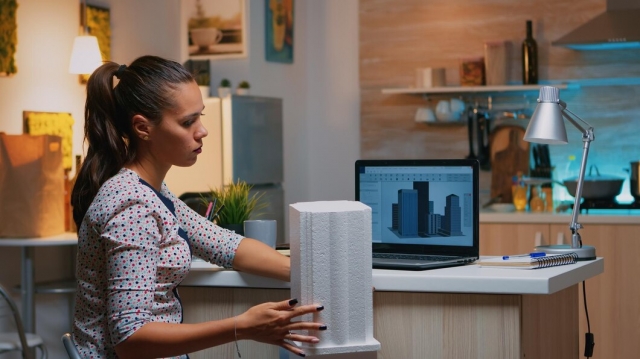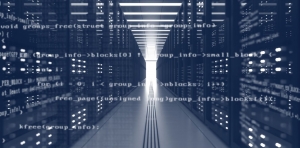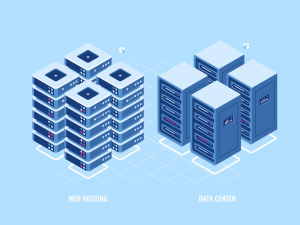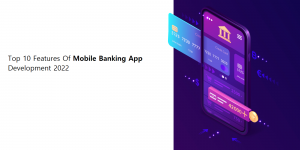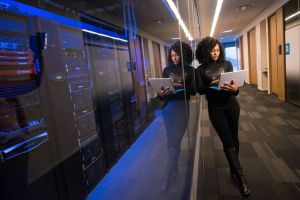Imagine walking into your home. The lights adjust to your mood, the coffee brews itself, and your virtual assistant already knows the kind of day you've had. Sounds futuristic? Not anymore. Innovative tech features are weaving themselves into the fabric of our everyday lives, redefining what's possible, practical, and sometimes even magical.
The Tech Revolution at Home
Once upon a time, home technology meant having a microwave or a TV with a remote control. Today, smart homes are brimming with devices that anticipate needs before they're even articulated. According to a 2023 report by Statista, the global smart home market is projected to surpass $195 billion by 2025, driven by a demand for convenience, security, and energy efficiency.
Consider smart thermostats like Nest or Ecobee. They don't just regulate temperature; they "learn" your habits, optimizing comfort while reducing energy bills. Similarly, smart refrigerators are not just storage units anymore. Some can order groceries, create meal plans, or remind you when food is about to expire. Convenience is no longer a luxury—it's becoming an expectation.
Innovative Devices Changing Routines
Everyday living isn't just about home appliances. It's also about personal tech that keeps us connected, productive, and entertained. Take wearable devices, for instance. Smartwatches have evolved far beyond step counting. Models like the Apple Watch or Fitbit Sense now monitor heart health, stress levels, and sleep patterns. Some even alert users to potential health risks, saving lives in ways unthinkable a decade ago.
Even mundane activities, like cleaning, are being revolutionized. Robotic vacuums, led by brands like iRobot and Roborock, now come equipped with AI that maps homes, avoids obstacles, and even empties their dustbins. They're not just cleaning; they're thinking.
The Rise of Voice-Activated Living
"Hey Google, turn off the lights." "Alexa, play my morning playlist." Voice-activated tech has become so embedded in daily life that we hardly think about it anymore. Virtual assistants aren't just responsive—they're proactive. They can suggest tasks, like adding an item to your shopping list based on past habits or reminding you about appointments synced from your calendar.
And it's not just at home. In cars, voice activation systems like Apple CarPlay and Android Auto allow drivers to control navigation, calls, and music without taking their hands off the wheel. Safer? Undoubtedly.
But even regular phone calls are an area for potential improvement. You can add an iPhone call recorder app like iCall to your phone and document everything that happens. A Call Recorder is your way to ensure compliance, a reminder, or a way to quickly share information. You can also transcribe recorded calls via AI. Plus, you can use the iPhone's phone recorder to record your voice. Call recorder has many applications, so it is reasonable to keep it on your smartphone and use it as needed.
A Smarter, Safer World
Tech is not only about convenience; it's also about safety. Video doorbells, like Ring, now allow homeowners to monitor visitors remotely, deterring potential intruders. In fact, the National Institute of Justice reports that homes with visible security systems are 300% less likely to be burglarized.
Smart locks have also taken center stage. Gone are the days of hiding a spare key under a doormat. Digital locks with facial recognition, fingerprint access, or smartphone integration are making traditional keys obsolete.
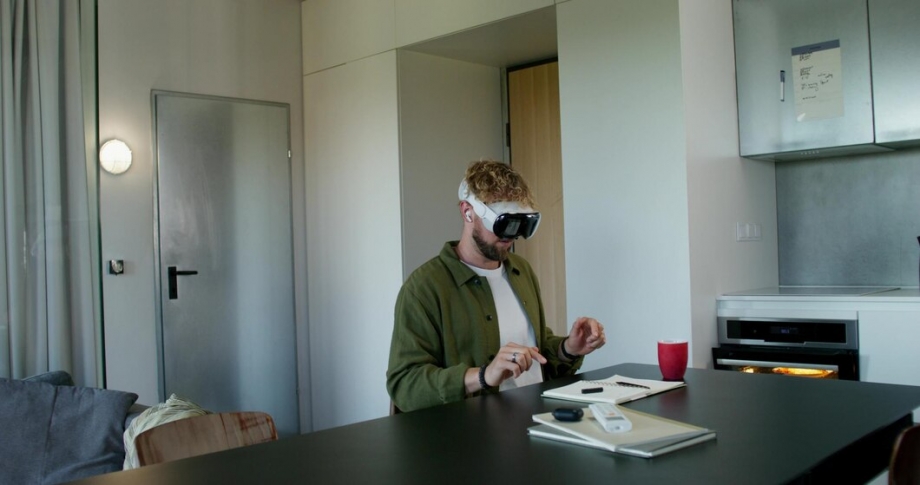
Seamless Entertainment
When was the last time you had to wait to watch your favorite show? How we engage with the media has experienced a seismic shift, with three major players – Netflix, Hulu, and Disney+ – now central to our entertainment routine. Think beyond the standard TV-watching experience - with voice command and gesture-controlled smart TVs, the living room has become an immersive entertainment haven.
Something's changed in gaming, and it's about to get very interesting. Virtual reality (VR) and augmented reality (AR) devices, such as the Oculus Quest, transport users into immersive worlds that feel astonishingly real. Breakthroughs that began with games are now being applied to support learners, provide comfort in therapy, and help workers upskill.
The Eco-Friendly Edge
While tech often gets criticized for contributing to electronic waste, many modern devices are designed with sustainability in mind. What's in your green toolkit? For many, it's solar-powered chargers that let gadgets drink from the sun, energy-sipping appliances that trim waist, and next-gen water management systems that sweat every last drop. For instance, studies show that using a smart thermostat can lower heating and cooling bills by up to 23% annually —a win for both wallets and the planet.
Challenges and Considerations
Yet, it's not all smooth sailing. With smartphones and computers getting brainier by the minute, we're left wondering: who's minding the gatekeepers of our personal info? As we plug in, sign on, and sync up, our digital fingerprints multiply – creating a data landscape that's ripe for the picking by hackers and thieves. A report from Cybersecurity Ventures predicts that by 2025, a business will fall victim to a ransomware attack every 11 seconds.
With cyber threats escalating, the emphasis is on rebooting security strategies – for many tech outfits, this means supercharging their encryption protocols, beefing up data vaults, and hammering home online safety best practices to customers. However, consumers must also take responsibility—regularly updating software, using strong passwords, and staying informed about potential vulnerabilities.
Final Thoughts
What was once a flashy gimmick has become an essential part of our lives – advanced tech is now a fundamental aspect of modern living. It's a triple win: time-sucking tasks get tackled, safety hazards get axed, and the simple things in life become a real treat.
As these innovations continue to evolve, one thing remains clear: From smartphones to smart homes, the way we live is shifting gears, redefining what's normal and what's possible – the future has unofficially arrived. Get ready to take the leap?
